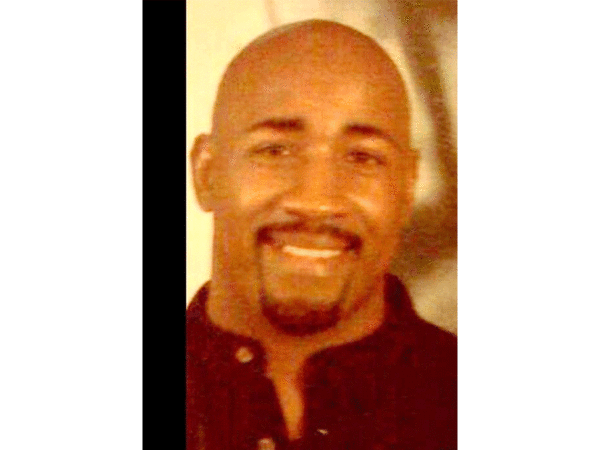Both blacks and whites were caught up in slavery; Lincoln’s proclamation did not end the practice
Scores of Americans made money off of the new federal holiday, Juneteenth, which was celebrated last weekend. From t-shirts, parades, parties, and concerts, there were shouts of jubilee all over the country and many celebrations ended with fireworks displays. Some, even before the federal holiday was declared, had held for many years that “they don’t celebrate the 4th of July, they don’t recognize the holiday”. In their view, their ancestors were still slaves in 1776 and it wasn’t until June 19, 1865 that all of the slaves were freed.
1865 was the correct year that slavery ended in America. However, Juneteenth is an inaccurate date for that end. Lincoln’s Emancipation Proclamation only freed slaves in the states of the Confederacy. In 1861, there were 34 states in America (whether in the Union or Confederacy). There were free states and slave states. Of those 34, 15 of them were slave states. Lincoln’s Emancipation Proclamation only applied to 11 of those 15, and within those 11, only those which were still in rebellion with the Union. Even in some states, some areas were free and some areas were not free…and our community (Monroe) was one of those who remained in rebellion. So when Union soldiers came here in 1865, over 800 slaves were freed. December 18, 1865 was the official date when the 13th Amendment was ratified.
Texas may have been the last state in the Confederacy that received the news that slaves were freed, however, Texas was not the last state in the United States to free its slaves. Delaware, Kentucky, and New Jersey all still had slaves until December.
Why do Blacks persist in saying “We don’t recognize the 4th of July” as if they are citizens of Canada or Mexico? The 4th of July is the day the country became independent of colonial rule. It was Britain who profited the most from mercantilism and the financial successes of slave plantations. The colonists wanted to keep that money to themselves. No representation….no colony. Sure, there was the irony in that American colonists wanted to be free from British control but still have African-Americans under control as property. I assume that this is the rationale behind the refusal of celebration.
The reality is that the colonists could not have defeated the British without African-American involvement. The Revolutionary War began long before the Declaration of Independence. The DOI was a final blow to the monarchy that “you don’t listen to our pleas, we don’t want to be a part of you anymore”. They did use the services of African slaves to aid in that plea which later allowed General Washington to be successful in defeating the British Army.
Millions of white Americans were just as trapped in slavery as the African slaves. I’ve often wondered why, if the many were so concerned about the plight of African slaves, why didn’t they speak up or fight their white brethren? In many instances, whites did fight back and assist in the abolition of slavery. However, you had just as many African slaves who were timid and afraid to runaway from slavery as you had whites who refused to get involved for fear of loss of property, privilege, or their own lives.
Whites who profited off of slavery didn’t give a hoot about taking the life of another white man who disrupted the status quo or the operation of the planter/slave lifestyle. Likewise, African slaves who made personal profit off of slavery’s continuation, who were assured good meals, good lodging, and fairer treatment, were just as guilty. In the middle of all of the mess of things were African slaves and whites alike who were tired of slavery and were committed to ending it.
The 13th Amendment didn’t come easy. It was a battle in Washington DC to get that measure passed and ratified. The Civil War brought them to that point, but it would take diplomacy to actually end slavery, not a military order from the late Lincoln. Because no African-Americans were elected in the House or Senate in 1865, slavery’s end was technically both a victory for whites and blacks.




